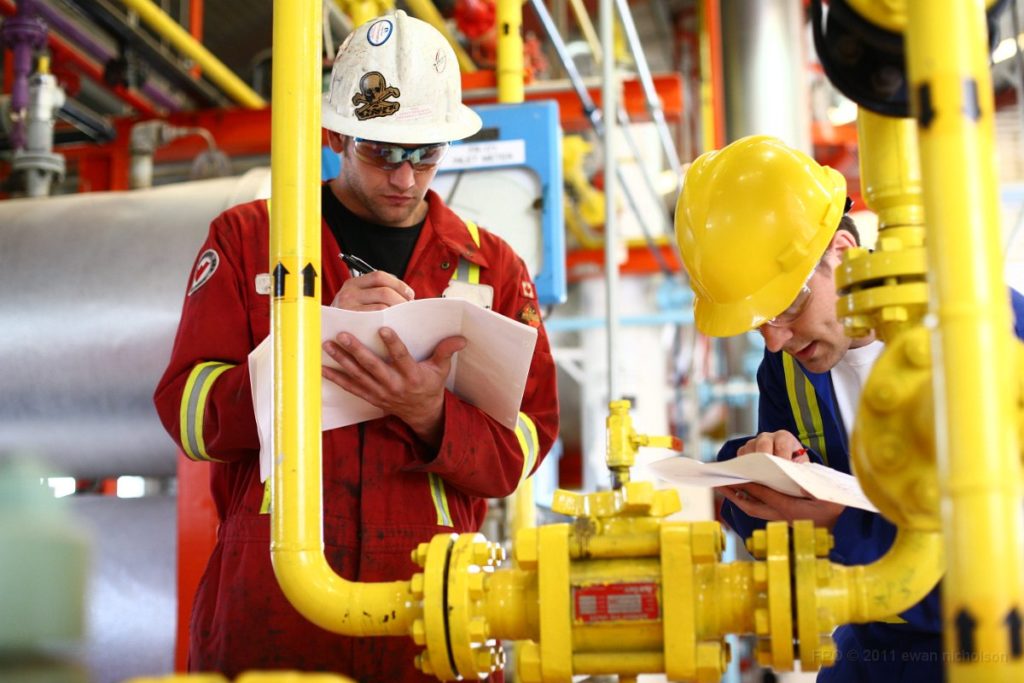Increasing Role of Human Factors in Safety Management

Human failures are implicated in many serious, fatal accidents in hazardous industries, especially for oil and gas. Some recent examples include the 1984 Bhopal Gas Tragedy, Texaco Milford Haven Explosion and Fires and the 1988 Piper Alpha Disaster. There is an evident need and recognition of Human Factors as a key topic for addressing safety in the oil, gas, onshore chemical plants, pharmaceutical manufacturing and power generation sectors. As technical safety measures improve, we can expect the significance of human factors in major accidents to increase as well.
During the preparation of major accident hazard (MAH) safety reports, the analysis of technical failures usually take precedence to human failures. As safety measures improve, there is a significance increase in the role human factors play in producing these reports. Hence, more human factors analysis are conducted and recent studies show that there is a better management of the risk of human failures, with consequent improvements in safety and reductions in losses. Here are the common topics for the human factors aspect in safety reports:
- Organisational change and transition management
- Demanning and staffing levels
- Training and competence
- Safety culture
- Alarm handling
- Fatigue from shiftwork and overtime
- Compliance with safety critical procedures
- Safety critical communications (e.g. shift handover)
- Ergonomic design of interfaces
- Maintenance error
In response to public expectations concerning proactive risk management, regulators are responding with improved analysis and risk assessment requirements for safety critical human tasks. Although there are benefits in these changes, there is a lack of available information to help those without a human factors background.
To read the full article: IChemE – Human Factors and Comah: A Regulator’s Perspective
Human Factors Engineering for Oil & Gas is a 3-day training course held from 22 – 24 October 2018 (Singapore), where delegates will be introduced to contemporary thinking related to Applied Human Factors and Safety in Design and illustrate, through numerous examples, why it’s critical to incorporate HFE into your own projects. The ideas you develop in this course will help you understand how design decisions affect human performance and ultimately operational performance. Case studies will be used with a detailed first-hand experience of how HFE was applied within real projects, to demonstrate the flexibility of the HFE processes to fit them to real work. For more information, please contact us at info@opuskinetic.com.
Interested to read other articles on Human Factors Engineering? Check out: 3 Causes Of Fatalities In Industrial Accidents
Opus Kinetic believes that people are why organisations are successful, and giving people the knowledge to perform well at their job is integral for success. We pride ourselves as the premier provider of knowledge, offering acclaimed in-house trainings, and many others professional training courses spanning from various industries. Our training courses are well researched and updated with the latest industry trends. For more information on our professional training programs, visit us at http://www.opuskinetic.com/training.

